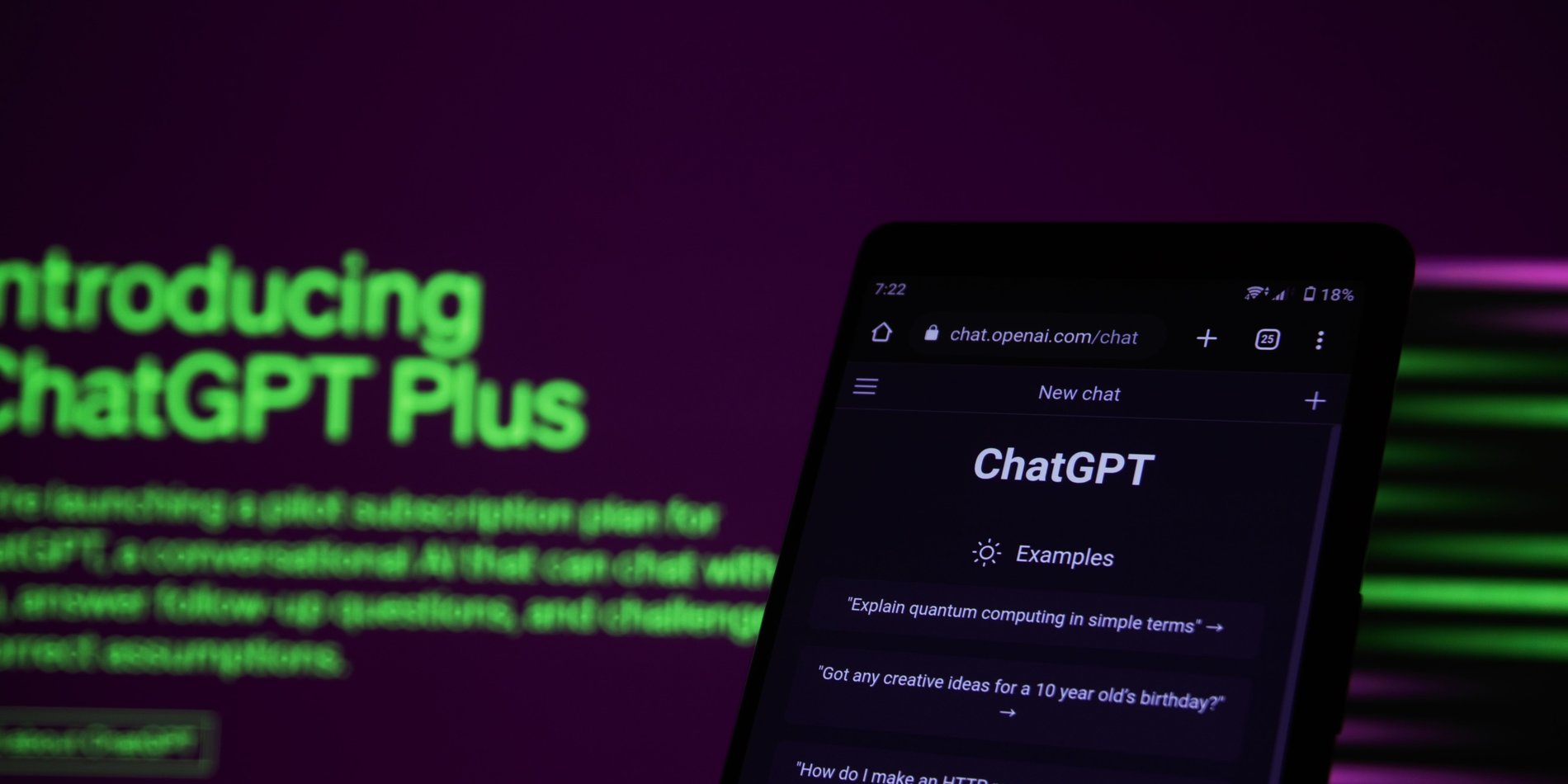CS 53N: How Can Generative AI Help Us Learn?
General Education Requirements
Not currently certified for a requirement. Courses are typically considered for Ways certification a quarter in advance.
Course Description
This seminar course will explore the science behind generative AI, the likely future of tools such as DALL-E, ChatGPT, GPT-4, and Bard, and the implications for education, both in and outside of structured school environments. Students in the course will work in teams to each become experts in some aspect of AI and in some way that generative AI could create a new future for education. The background for this course is the public release of ChatGPT, which created new awareness of the potential power of AI to dramatically change our lives. In considering the possible implications for education, ChatGPT has sparked dreams of automated personal tutors, customizable teaching assistance, AI-led collaborative learning, and revolutions in assessment. In addition to optimistic projections, there are clear and significant risks. For example, will AI-assisted learning be culturally appropriate and equally available to all? Can it increase opportunity for underprivileged learners worldwide, or will it accentuate privilege and privileged views? Will it help us learn faster, or distract us from thinking deeply about difficult problems ourselves? As experienced student learners, members of the class will be able to draw on their own educational history and design learning approaches that could change the future of their education and others in college or at other stages of their lives.
Meet the Instructor: John Mitchell

“I have taught in the Stanford computer science department for about 30 years, also serving as Vice Provost for Teaching and Learning and chair of the CS department during this time. My research has been on programming languages, computer security and privacy, technology in education, and machine learning. I’ve also taken sabbaticals for a startup and at the d.school. I love IntroSems because the small course format lets us work closely together, explore engaging topics, and learn as a group.
“My research in education started with development of Stanford CourseWare platform, which served as the foundation for initial flipped classroom experiments at Stanford and helped inspire the first massive open online courses (MOOCs) from Stanford. I also co-founded the Lytics Lab to improve educational outcomes through data-driven research, co-lead the Carta project based on a student course selection platform, and worked with the San Francisco Unified School District computer science program. In my spare time, I enjoy hiking, bicycling, skiing, cooking, eating and travel.”



